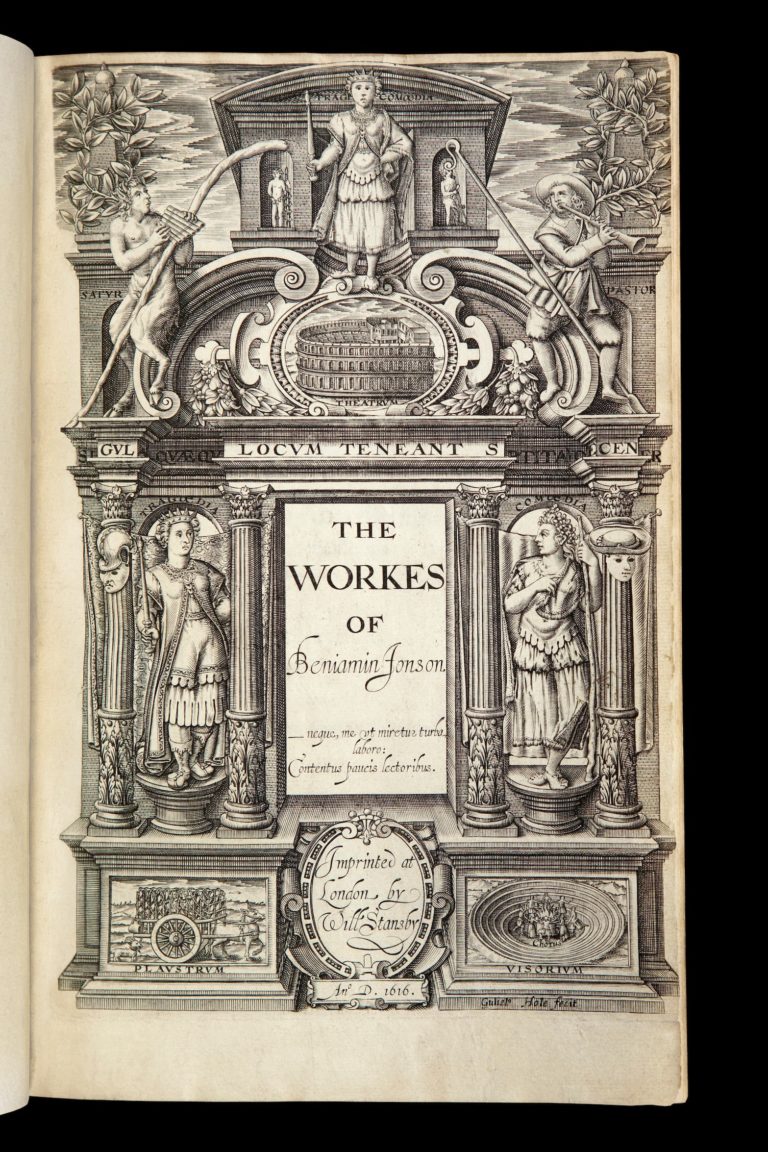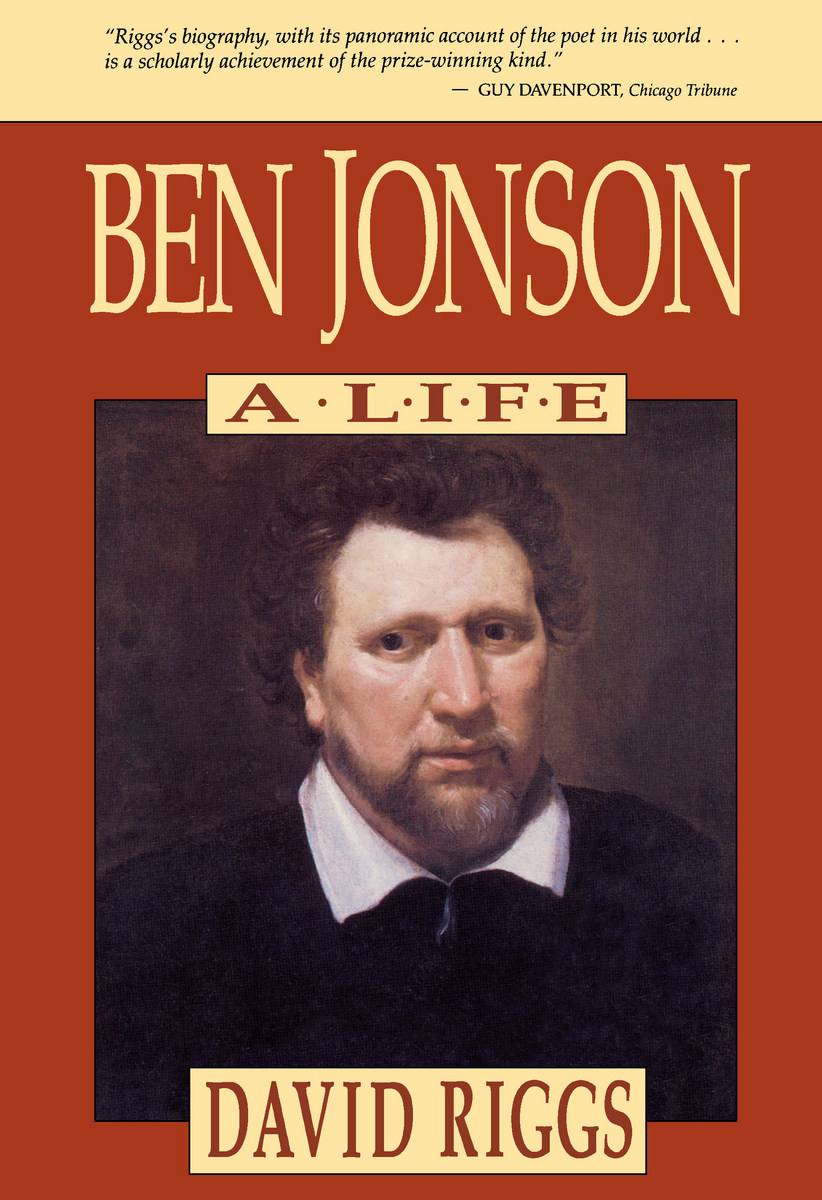
When we consider the rich tapestry of **English drama**, the name **William Shakespeare** frequently emerges as the most prominent figure, overshadowing many others. However, lurking just behind this iconic playwright is **Ben Jonson**, a remarkable talent whose influence on the theatrical landscape of the Elizabethan and Jacobean eras is both profound and enduring. Jonson’s work is characterized by its sharp wit, intricate characterizations, and a keen understanding of human nature, setting him apart from his contemporaries. In this article, we will delve into the life of Ben Jonson, examining his distinctive style, the themes he explored in his plays, and the significant legacy he left behind in the world of theatre. Through this exploration, we aim to shed light on Jonson’s vital role in shaping English drama and to appreciate the depth and complexity of his contributions that continue to resonate with audiences today.
Who Was Ben Jonson?

Born in the year 1572, **Ben Jonson** emerged as a figure of remarkable complexity and contradiction. He was not only a **poet** and a **playwright**, but he also held the distinction of being recognized as **England’s first poet laureate**, although he never officially received that title. His literary works are characterized by a profound critique of the society in which he lived, often employing sharp wit and astute observation to expose the **follies** and **vices** of his contemporaries. Through his writing, Jonson sought to hold a mirror to the societal norms and behaviors of his time, revealing the underlying absurdities and moral failings.
Early Life and Influences
Jonson’s formative years were shaped by a unique blend of **Catholic** and **Protestant** influences. He spent a significant portion of his early life as a **papist**, adhering to Catholic beliefs, but he later transitioned into a prominent role within **Protestant England**. This duality in his upbringing profoundly influenced his perspective on life and, in turn, his literary output, as he grappled with the tensions between these two faiths.
Education and Early Career
Jonson received his education at Westminster School, where he cultivated a deep appreciation for **classical literature**. His early career was marked by a series of **struggles** and **successes**, as he navigated the challenging landscape of the theatrical world. These experiences ultimately propelled him to the forefront of English drama, where he would leave an indelible mark on the literary scene. His journey reflects not only his resilience but also his unwavering commitment to his craft, which would earn him a lasting legacy in the annals of English literature.
Jonson’s Major Works

Jonson’s extensive body of work is renowned for containing some of the most esteemed plays in the canon of English literature. Among his major comedic masterpieces, **Volpone**, **The Alchemist**, and **Bartholomew Fair** stand out as prime examples that highlight his exceptional skills in **characterization** and **plot development**.
### Volpone: A Masterpiece of Satire
In the play **Volpone**, Jonson weaves a compelling narrative centered around themes of greed and deception, which resonate with audiences even today. The characters, particularly **Volpone** and his cunning servant **Mosca**, transcend mere caricatures; they serve as embodiments of the vices that plague society, transforming the play into a timeless exploration of human nature and morality.
#### Key Themes in Volpone
– **Greed:** The relentless pursuit of wealth serves as the driving force behind the plot, illustrating how avarice can corrupt individuals.
– **Deception:** The characters engage in a web of manipulation, revealing the darker aspects of human relationships and the lengths to which people will go to achieve their desires.
– **Justice:** The narrative ultimately raises profound questions about the nature of justice and the consequences of one’s actions, prompting the audience to reflect on moral accountability.
### The Alchemist: A Comedy of Errors
Another significant work by Jonson, **The Alchemist**, delves into the intriguing realms of **alchemy** and **fraud**. This play serves as a brilliant commentary on human folly, showcasing how characters fall prey to their own misguided ambitions and desires.
#### Character Analysis in The Alchemist
| Character | Role | Dominant Trait |
|——————|——————–|——————|
| Subtle | The conman | Manipulative |
| Face | The accomplice | Deceptive |
| Dol Common | The femme fatale | Wily |
Through these characters, Jonson explores the complexities of human behavior, illustrating how easily individuals can be misled by their aspirations and the allure of quick riches. In both **Volpone** and **The Alchemist**, Jonson’s keen insight into the human condition and his masterful storytelling continue to captivate audiences, ensuring his place as a pivotal figure in English literature.
Jonson’s Unique Style

What distinguishes Jonson from his peers in the realm of theater is his innovative **use of prose** within his plays, a practice that was quite uncommon during his era. His writing style is marked by **lively dialogue**, **robust characterization**, and **intricate plotting**, which together create a rich tapestry of storytelling. Jonson possessed a remarkable ability to craft **vivid characters** that not only entertained audiences but also served as profound reflections of the complexities of human nature.
### The Concept of Humours
A central theme in Jonson’s works is the **humours theory**, which suggests that human behavior is influenced by four primary bodily fluids. This intriguing concept enabled him to develop characters that, while often exaggerated, remained relatable to the audience. Each character is typically dominated by a single trait, which significantly influences their actions and interactions throughout the narrative.
#### Examples of Humours in Jonson’s Characters
– **Choleric:** These characters are characterized by their quick temper and passionate nature, often leading to impulsive decisions and dramatic confrontations.
– **Phlegmatic:** In contrast, phlegmatic characters are calm and reliable, providing a stabilizing presence amidst the chaos of the other personalities.
– **Sanguine:** Sociable and carefree, sanguine characters bring a sense of joy and lightheartedness to the story, often serving as the life of the party.
– **Melancholic:** Thoughtful and introspective, melancholic characters add depth to the narrative, often grappling with existential questions and emotional struggles.
Through these diverse character types, Jonson not only entertained but also offered insightful commentary on the human condition, making his works resonate with audiences across generations.
Influence on Future Generations

Jonson’s impact on theatre cannot be overstated. His techniques and character types influenced **Restoration dramatists** and even **18th-century** playwrights. The use of **type names** for characters, such as **Cockwood** and **Witwoud**, can be traced back to Jonson’s innovative approach.
Jonson’s Legacy in Modern Theatre
Even today, Jonson’s works are revived and celebrated. Plays like **Volpone** and **The Alchemist** continue to be staged, proving that his insights into human nature are as relevant now as they were in the 17th century.
Why Should We Care About Jonson Today?
In a world filled with **superficial entertainment**, Jonson’s works remind us of the **depth** and **complexity** of human behavior. His ability to weave **humour** with **social critique** offers a lens through which we can examine our own lives.

Ben Jonson may not always steal the spotlight, but his contributions to **English drama** are invaluable. His unique style, rich characterizations, and sharp social commentary continue to resonate with audiences today. So, the next time you enjoy a good play, remember the man who helped shape the very fabric of theatre—**Ben Jonson**.

